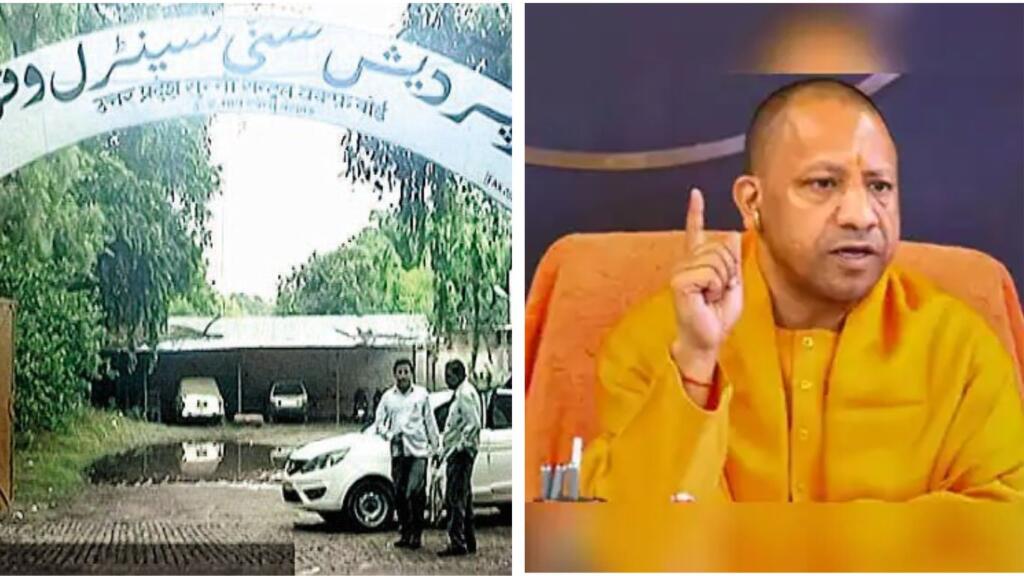On January 21, during the Joint Parliamentary Committee (JPC) meeting on the Waqf (Amendment) Bill in Lucknow, the Uttar Pradesh government informed the committee that 78% of the land that the UP Waqf Board is claiming as its own actually belongs to the state government adding that the Waqf Board has no legal ownership rights on it.
The meeting was held under the chairmanship of JPC chief and BJP MP Jagdambika Pal. All the stakeholders including members of Shia and Sunni Waqf Boards and the Minority Commission were present in the meeting.
What exactly do the different bodies of the UP Government say?
According to media reports, Monika Garg, the Additional Chief Secretary of the Minority Welfare Commission of the Uttar Pradesh government, told the JPC that the Waqf Board claims 14 thousand hectares of land in the state. But out of these contentious land parcels, the government owns 11.7 thousand hectares, according to official records. According to earlier Sachar Committee findings, 60 properties on which the Waqf Board stakes its claims, are also government property.
The revenue department notified the JPC that a major amount of the land properties claimed by the Waqf Board are recorded in the revenue records as class 5 and class 6, respectively. Class 5 and 6 include government and Gram Sabha properties.
According to sources, the Waqf Board in Uttar Pradesh claims ownership of more over 1.3 lakh properties, including ASI monuments, the Balrampur Government Hospital, LDA holdings, and many other government-owned places.
Furthermore, some properties of the LDA and Residence Development departments that the Waqf Board claims as its own were formally assigned to the relevant departments by the respective city councils.
The UP government informed the JPC that the State has guidelines and norms in place to identify Waqf properties. When the Waqf Board asserts possession of land, the official documents for that site are compared to ownership facts from 1952. If this information is validated and the land is formally determined to be owned by the Waqf Board, the board may request that the government make the necessary amends.
The UP government further notified the JPC that Lucknow’s iconic monuments, Bada Imamwada, Chhota Imamwada, and the Begum ka Maqbara in Ayodhya, are all government properties, but the Waqf Board is incorrectly claiming ownership of these protected sites.
MP Jagdambika Pal stated that the JPC will present its findings during the next Parliamentary session on January 31.
“The JPC has met consistently for the past six months, with meetings held across the country. I am optimistic that we will all reach an agreement and give our findings. We were supposed to deliver it in the winter session last time, but it was postponed, therefore we will do so in the budget session,” Pal explained.
JPC asked to submit a report by the end of the 2025 Budget Session
Notably, the budget session of Parliament will commence on January 31 and continue till April 4, with the union budget to be presented on February 1. The JPC has been asked to present its findings of reports in Parliament by the end of the 2025 Budget Session.
